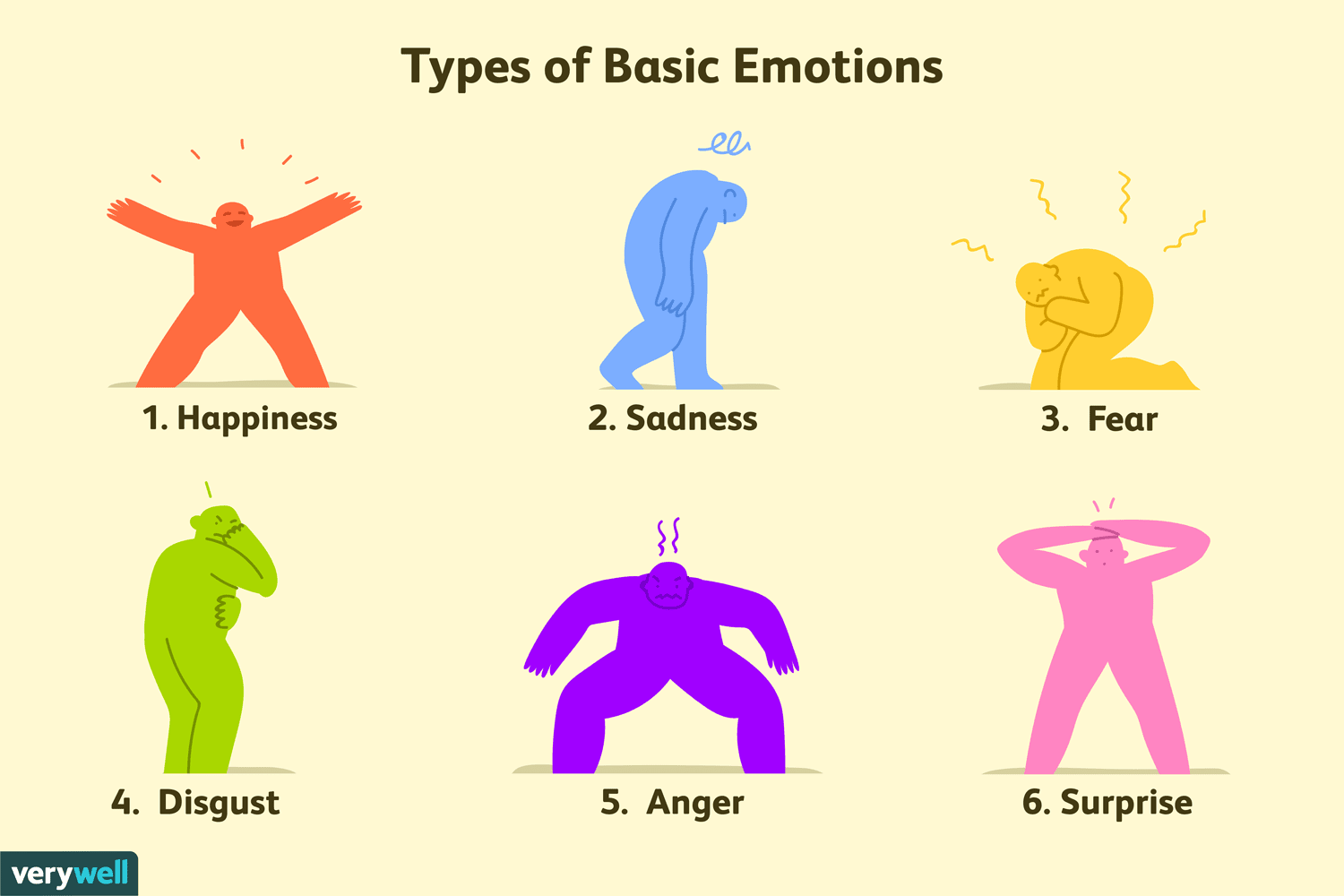Managing your emotions, and staying calm and composed even in difficult situations is easier said than done. However, having this quality has numerous benefits. From people praising you for your grace and elegance to you making informed decisions by responding and not reacting to people and situations– being attuned to one’s emotions and feelings, and yet choosing to stay calm is a superpower in today’s times.
Emotions are a normal part of everyday life. We feel frustrated when we’re stuck in traffic. We feel sad when we miss our loved ones. We can get angry when someone lets us down or does something to hurt us. While we expect to feel these emotions regularly, some people start to experience emotions that are more volatile. They feel higher highs and lower lows, and these peaks and valleys begin to impact their lives. Individuals who experience intense emotions may find themselves calm in one moment and then sad or angry the next.
While many of us can have times when our emotions spin out of control, for some people it happens regularly. Their rapidly changing emotions can cause them to do and say things they later regret. They may damage relationships or hurt their credibility with others.
There can be a number of reasons that someone loses control of their emotions. They may be genetically predisposed to these rapid changes. They may never have seen good emotional regulation modelled or learned the skills. They may lose control when they experience triggers for negative situations that happened in the past.
There can also be physical changes that cause a person to lose control of their emotions, such as exhaustion or a drop in blood sugar. No matter the reason for the emotional volatility, the good news is that we can learn better self-regulation. We can all benefit from learning strategies to control our emotions. Emotional regulation is the ability to better control our emotional state. Here we list down some tips on how you can manage your emotions better:
Self-awareness
Cultivate self-awareness by recognising and understanding your emotions. Check in with yourself regularly to identify the underlying feelings and their triggers. This awareness forms the foundation for effective emotional management. Meditation is a simple yet effective tool for self-awareness and clarity of mind.
Practice mindfulness
Engage in mindfulness activities such as meditation, deep breathing, or yoga. These practices help create a mental space that allows you to observe your emotions without immediate reactions, fostering a more measured response.
Express yourself through different mediums
Finding healthy outlets for expressing your emotions, be it through journaling, talking to a trusted friend or therapist, or engaging in creative activities like painting or dancing can help in your personal growth as a person. Open communication prevents emotions from bottling up, and this supports a healthier emotional release.
Develop emotional intelligence
In today’s world, having a good emotional quotient (EQ) is as important as having a high intelligence quotient (IQ). Enhance your emotional intelligence/ quotient by understanding not only your own emotions well but also recognising and empathising with others’ feelings. This will help you have better interpersonal relationships with your friends, family, and colleagues. Accepting people as they are, appreciating their uniqueness, and respecting them for it fosters better bonding with them.
Positive coping mechanisms
It is imperative that one would lose their cool once in a while. However, having positive coping mechanisms to deal with negative emotions is the key to staying balanced in life. Identify and adopt positive coping mechanisms for stress or challenging situations. This may include exercise, engaging in hobbies, or spending time in nature. Healthy coping mechanisms contribute to emotional resilience and well-being.
Set boundaries
You don’t always have to be a people pleaser to be liked by others. In fact, establishing and clearly setting your boundaries to protect your emotional well-being would make others respect you more. Learn to say no when necessary and make your self-care a priority. This will help prevent emotional burnout and it leads to a balanced life.
Reflect and learn from your mistakes
If you happen to lose your cool often, then take it as a learning. After all, no one is perfect. After experiencing intense emotions, take time to reflect on the situation. Understand what triggered your emotions, how you responded, and what could be done differently in the future. Learning from past experiences enhances emotional management skills over time.


![MAK EVENTS [0594110706] MAK EVENTS [0594110706]](https://freshhope1.org/wp-content/uploads/2021/03/MAK-EVENTS-150x150.jpeg)












